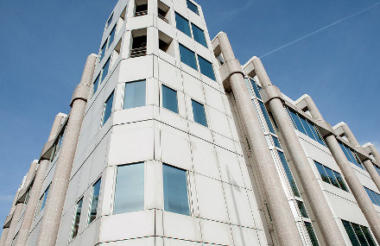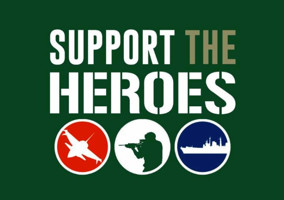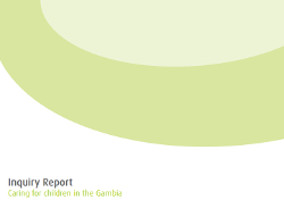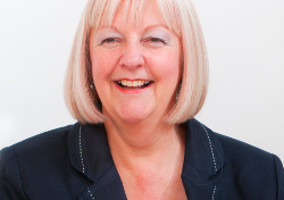The Charity Commission has said that an unregistered organisation which sold lottery tickets through a fundraising company has closed, after complaints were made to the watchdog by members of the public.
The Charity Commission released a case report into Our Brave Heroes today - a limited company registered with Companies House which had applied for charitable status in July 2015 but had been masquerading as a charity for months before applying - which showed the organisation had gone into liquidation as a result of the investigation.
According to the charity watchdog, it received complaints from members of the public in April 2015 that representatives of Our Brave Heroes had been attempting to fundraise by selling lottery tickets.
A number of complaints said that the organisation was “being described as a charity by the fundraisers and that the organisation’s Companies House registration number was being supplied by the fundraisers whenever a request was made for its charity registration number”.
The complaints also said “it was not being made clear to people purchasing these tickets from the fundraiser working on behalf the charity that only 20 per cent of the money from the sale would find its way to Our Brave Heroes”. The remaining 80 per cent of money raised was going directly to First Promotions Ltd, the fundraising agency in question.
According to the Charity Commission, both Our Brave Heroes and First Promotions Ltd have now gone into liquidation, with Our Brave Heroes saying that the remaining £3,562 worth of charitable funds in its accounts at the time of its closure would be donated to a “well-known military charity”.
Director of agency ‘close relative’ of Our Brave Heroes directors
Having opened its enquiry into the organisation in July 2015, the commission found that the director of First Promotions Ltd, the fundraising agency in question, “was a close relative of two of the directors of Our Brave Heroes which raised concerns in respect of a possible conflict of interest within the organisation”.
The Charity Commission also found that Our Brave Heroes had operated “for some months” with fewer than the minimum number of directors required by its constitution and that the remaining directors were “close relatives of each other”. The commission said that this, too, “gave rise to further concerns in respect of conflicts of interest and governance at the organisation”.
At the time of its enquiries, the Charity Commission received an application from Our Brave Heroes to register as a charity.
The Charity Commission issued Our Brave Heroes with “firm, detailed advice” calling for it to reform its “governance and operating practices” and said that, until such steps were taken, it could not be considered for registration as a charity.
The Commission monitored the organisation further, but after not seeing “any action that indicated that our advice was being followed,” contacted Our Brave Heroes again. At the same time, the organisation’s website went offline.
Eventually, a trustee of the organisation informed the commission via letter that it had ended its association with First Promotions Ltd and had ceased to operate.
Lessons for other charities
The Charity Commission said the case showed that a charity’s trustees must be aware of their duties when it comes to working with professional fundraisers.
In particular, the commission said that trustees must be satisfied that “there is strong management of the people and organisations that the charity works with and that they can explain fundraising costs, being transparent about how the charity benefits” from the partnership.
It also pointed charities to the joint regulatory alert it issued alongside the Information Commissioner’s Office and the Fundraising Regulator in December 2016.
Related Articles












